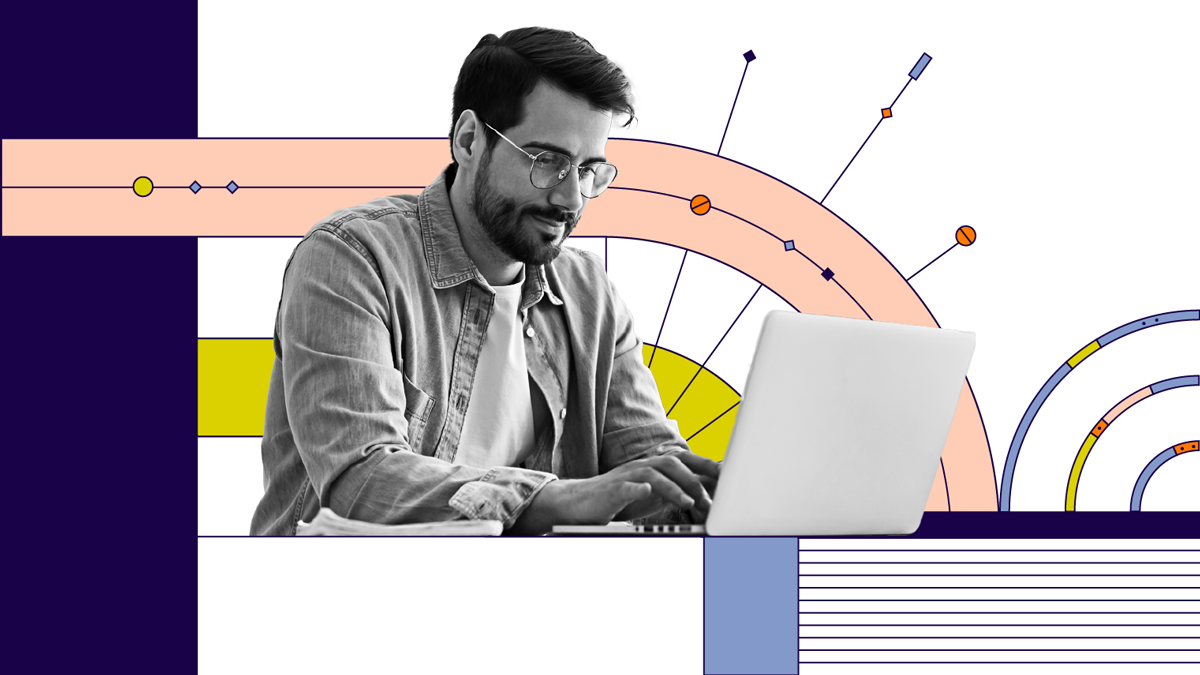
As businesses have transformed from office culture to a mix of home, remote and hub workplaces, flexibility is hardwired into the new hybrid world of work.
The concept of more fluid workplaces might have sparked horror among business leaders just two years ago, but there is now an immense opportunity for today’s leaders to leverage this shift to create happy, harmonious and productive teams.
Gone is the expectation that every employee must work in a set way – welcome to the hybrid worker of 2021. These are exciting times, as hybrid working heralds more inclusive models that can nurture individual strengths and characteristics to build stronger working cultures and drive productivity.
Not all workers are created equal, and ideal ways of working will vary widely according to each employee’s personality.
Living your best work life
Workplace personality tests have long been popular among employees, helping them learn the working conditions that allow them to do their best work based on their personal attributes. From the perennially popular Myers-Briggs Type Indicator to the Hogan Assessment, Caliper or DiSC profiles, most of us have taken a personality test that assigned us to a certain “type” of worker, and longed for changes to help us live our best work life.
Take the more extroverted characters who delight at being around other people and exude energy in a busy work environment. For those with characteristics identified as “extroversion” in the Myers-Briggs model – which summarises 16 different personalities using a combination of eight possible types – the pandemic has been a hard slog.
Opportunities for face-to-face interactions have been scarce, along with active involvement in live events and experiences. But as workplaces open up, extroverted employees can once again find their happy place, buoyed by a return to live collaboration alongside virtual connection.
Experts behind the popular Hogan Assessment take a scaled approach to identifying workplace personalities, with those scoring highly on the hedonism and affiliation indicators far more likely to welcome in-person contact with their colleagues. These individuals typically value lively and entertaining environments, social interaction and thriving on working in a team; their excitement at the return to a workplace hub is palpable.
These magnetic characters, displaying the influence style of personality identified in the DiSC model, are all about charm and cannot bear to be ignored. As a society, it may sometimes seem that workplaces have favoured such employees.
Shifting the balance
But the Covid crisis and advent of remote working shone a spotlight on how stripped-back modes of doing business can benefit the whole spectrum of workplace personalities. With tech platforms like Zoom, Slack and Trello underpinning collaboration, this creates opportunities for seamless communication in the office, at home or on the move.
Those who like nothing more than a detailed email exchange, or are most productive while quietly beavering away on a project without any distractions, likely score highly in the Hogan science and security scales, with a good dose of Myers-Briggs’ introversion, thinking and judging categories thrown in.
The Caliper Profile assessment – which provides insight into individuals’ motivation and behaviours through 22 personal attributes – calls out traits such as self-structure and thoroughness. Typically, these employees prefer to independently determine their work methods and have a keen eye for detail.
For these more introverted work personalities, the pandemic has been something of a place of solace – bar the video calls. Happy to work in isolation, it would be wrong to call them shy or socially anxious; they just prefer to refill their energy tanks with reflection, rather than constant stimulation from the outside world or other people. Video conferencing is a necessary evil for these more reflective types, for whom the performance of being on screen can be mentally exhausting.
There is hard science behind these personality types. Experts from Harvard University and the University of California have found differences in the brain’s grey matter and how varied personalities respond to levels of the feel-good chemical dopamine. For more introverted personalities, a little dopamine goes a long way, while gregarious characters need more dopamine fuel in the form of social interactions to thrive and stay energised.
Self-awareness and compromise
The benefit of lockdown is that it has allowed the panoply of workplace characters – and there is a whole range of personality types between the poles – to become more self-aware. Everyone has been challenged in their ways of working, from the introvert who is happy with remote working but dreads the incessant video conferencing, to the extrovert who feels demotivated from a lack of social contact.
A hybrid-working future means a flexible approach that allows for compromise. Leaders can now meet the demands of the different personalities. Traditional models of office life have been swept away and could be replaced by “meet-up Mondays”, “teleconferencing Tuesdays” or “work from home Wednesdays”. Technology has risen to meet the challenge of hybrid working in a productive workplace that isn’t tied to a specific location.
With an inclusive strategy that fosters communication and allows employees ownership over a working model that works for them and the business, leaders can embrace a positive workplace culture for all.
What type of hybrid worker are you?
To find out how Salesforce is powering the workforce of tomorrow, visit salesforce.com/uk/work.


As businesses have transformed from office culture to a mix of home, remote and hub workplaces, flexibility is hardwired into the new hybrid world of work.
The concept of more fluid workplaces might have sparked horror among business leaders just two years ago, but there is now an immense opportunity for today’s leaders to leverage this shift to create happy, harmonious and productive teams.
Gone is the expectation that every employee must work in a set way – welcome to the hybrid worker of 2021. These are exciting times, as hybrid working heralds more inclusive models that can nurture individual strengths and characteristics to build stronger working cultures and drive productivity.

